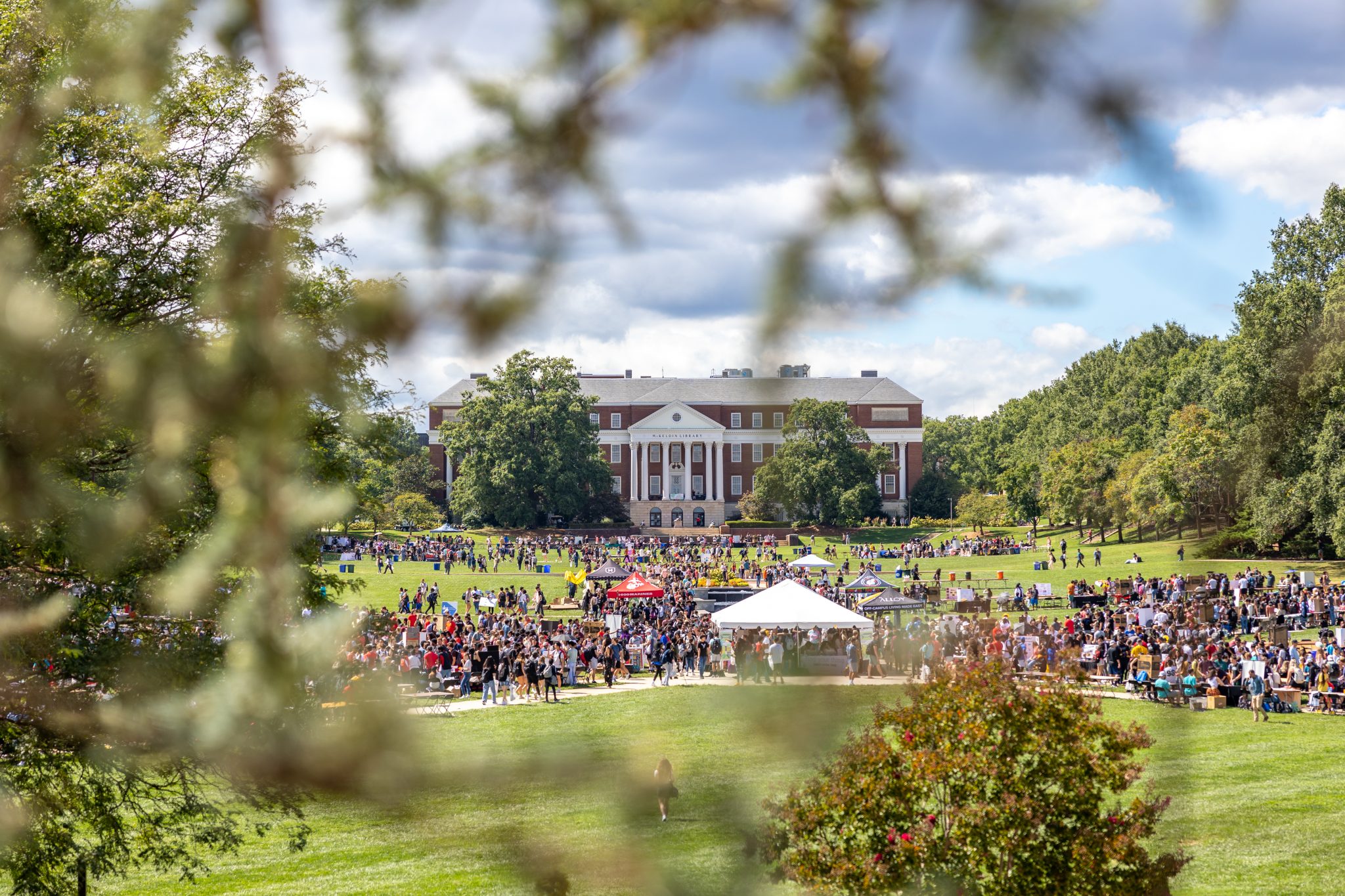Views expressed in opinion columns are the author’s own.
A large part of my college experience has been spent participating on the University of Maryland’s Mock Trial team. By studying the federal rules of evidence, preparing a fictional legal case and arguing it in front of practicing judges and attorneys against other schools, my peers and I take on the roles of attorneys and witnesses. Anyone who knows me knows Mock Trial has not just been a formative part of my college experience, but of my life; it’s what inspired me to plan on applying to law school to become an attorney.
As much as I love the activity, it’s intensive: We meet every Wednesday and Sunday and often travel to compete in many trials over the course of a single weekend. But as a pre-law student, I’ve been able to practice the ins and outs of what I’ve been learning in the classroom through hands-on experience.
It’s for that reason that I’m able to get course credit for Mock Trial. By participating in an extracurricular, I’ve been able to earn many credits toward my degree.
This shouldn’t just be the case for Mock Trial, but for clubs across the university. I know many of my classmates who participate in clubs that have clear connections to their major and provide them with a great deal of educational value and practical experience. Like me, those classmates devote hours to these activities outside of their busy schedules. It’s time students are given the opportunity to be compensated for the hard work they do in their extracurriculars through course credit provided by the university.
High stress and burnout has only increased in college students since the COVID-19 pandemic and with academically rigorous workloads, it’s no wonder why. But pairing academics with extracurriculars only adds to this stress even more — especially at this time of year, as midterms approach.
Allowing students to get credit for their academically based extracurricular activities could help relieve burnout. Students would be able to take 12 to 15 credits while factoring in credits earned from club participation instead of having to add classes to their schedule to remain a full-time student. This could be especially helpful to students who are recipients of scholarships that require them to take at least 30 credits per academic year.
Additionally, receiving credit for extracurriculars could incentivize students to participate in clubs on the campus. We all know extracurriculars look good on resumes, but some students may feel dubious about adding more responsibilities on top of a schedule they can barely keep up with already. Being involved in a college’s campus community as a student has significant positive impacts, such as skill-building and fostering new relationships. This university should not only be promoting extracurriculars, but should be making them accessible to all students.
This university’s public policy school defines experiential learning as an opportunity for students to attain “real-world experiences through hands-on internships, courses and projects.” In the government and politics department courses with this purpose are often titled “Topical Investigations.” The way for the university to allow credit for extracurriculars is quite simple: Have an “Experiential Learning” course for each major or department that would allow students to meet with an academic advisor for permission to use their extracurricular for credit. Just like with internships, students should be able to earn credit for extracurriculars that help them put their educational knowledge into practice.
One important lesson I’ve learned as a college student is that there is a great deal of learning that occurs outside of the classroom. I’ve grown the most as a college student when I’ve had the opportunity to pair what I learn in my classes with hands-on experience. To foster its learning environment and provide the best opportunities for its students, this university must make gaining credit for clubs and activities more accessible.
Rebecca Scherr is a junior English and government and politics major. She can be reached at rsscherr101@gmail.com.



